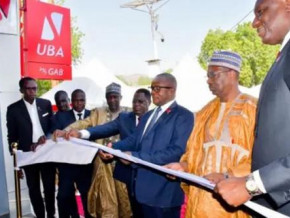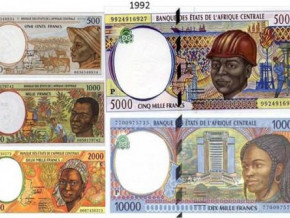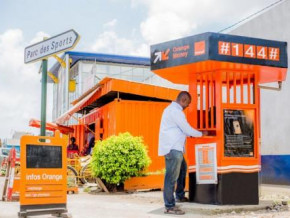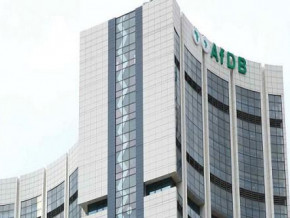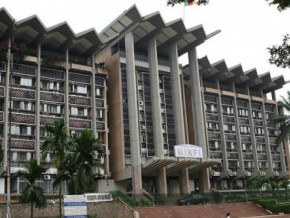
Controversial cassava cultivation project in Cameroon sparks social media outrage

(Business in Cameroon) - Albert Nanga Dang, the Prefect of the Haute Sanaga department, is set to chair a crucial meeting on April 2, 2024, in Nanga-Eboko, within Cameroon's Central Region. This assembly is intended to facilitate dialog and exchange information with traditional authorities, and administrative and municipal leaders from the districts of Nanga-Eboko and Minta. A communication issued by the Prefect on March 27, 2024, indicates the meeting will focus on an industrial cassava cultivation project in the Nanga-Eboko and Minta districts and special permissions granted to Lyrebird Capital Company LTD regarding this initiative.
Following this announcement, the Prefect of Haute Sanaga issued a decree naming members to an ad-hoc committee, which is tasked with analyzing, reviewing, providing, and securing the land requested by Lyrebird Capital Company Ltd. A leaked document, signed by the Minister of Land Tenure, Surveying, and State Property, Henri Eyebe Ayissi, disclosed that the land in question for this agro-industrial project encompasses an area of 400,000 hectares.
In response to a request from Mr. Nganda Jean Baptiste, chairman of the board of the Cameroonian Cassava, Finance, and Real Estate Company (Socamfi SA) and representative of Lyrebird Capital Company Limited, and referencing the findings of an investigative mission conducted on November 22, 2023, which confirmed the traditional authorities' consent for the project, Minister Eyebe Ayissi expressed his preliminary agreement. He noted this consent is for the provisional concession procedure requested on a national land parcel of approximately 400,000 hectares, distributed across 12 groups in the Nanga-Eboko district, subject to their availability and peaceful occupation.
The project's revelation has led to considerable indignation on social media, particularly concerning the requested land size. Joël Meyolo, a university scholar and native of the area, voiced concerns on Facebook, stating that it is unacceptable, regardless of motivations, to approve a project that would hand over 400,000 hectares of land in Nanga-Eboko, which totals 700,000 hectares, to what he implies is a fictitious company or any company at all. The community remains highly attentive to the outcomes of the scheduled meeting, emphasizing the importance of social peace in the administrative unit.
Investigation into the company requesting such a large area for cassava cultivation shows that Lyrebird Capital Limited, established in January 2020 in London, deals in the sale of fuels, minerals, metals, and industrial chemicals. Although the last financial statements from this company were reported in January 2022, its operational status is unclear, being listed as both dissolved and active with only two directors. Another company, sharing the full name of Lyrebird Capital Company Limited involved in the Cameroonian project, exists in Hong Kong, but no direct connection to Jean Baptiste Nganda has been established.
Nganda Jean Baptiste has a notable background in agriculture in the region, having served as a regional delegate of the Chamber of Agriculture for the Center and later as the departmental president of the National Association of Cocoa and Coffee Producers (ANPCC) in 2012. In an interview five years ago with Agri TV, he discussed a large-scale cassava production project with partners, mentioning that his cooperative controls 25,000 hectares and the industrial project could generate 10,000 direct and 3,000 indirect jobs.
This revelation about the cassava production project, demanding 400,000 hectares in Nanga-Eboko, recalls past controversies over industrial projects by Neo Industry (cacao) in the Southern region and Herakles Farms (palm oil) in the Southwest region. The former's temporary concession of 26,000 hectares was canceled in 2021 after a five-year struggle between the community and the state, while the latter withdrew under pressure from environmental NGOs and advocacy for local community interests after starting its palm oil plantations in the Southwest region, based on a 20,000-hectare concession from the State of Cameroon. The current project involves an area 20 times larger, highlighting its significant scale and potential impact.
Mags frontpage
- Most read 7 days
- shared 1 month
- read 1 month























